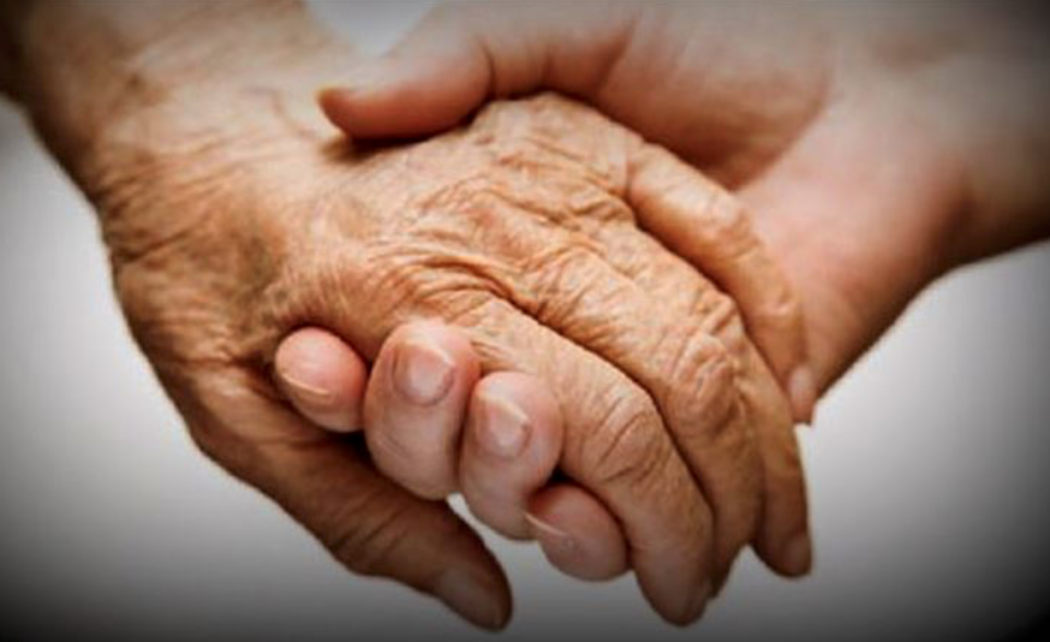Note from the Editors-in-Chief: September is National Suicide Awareness Month. As such, this article addresses physician suicide, an issue which already has or will likely affect all physicians. If you or a friend is struggling and considering self-harm or suicide, please contact your program director, Student Affairs, a mental health provider, or another trained professional. The National Suicide Prevention Lifeline is available 24 hours per day, seven days per week: 1-800-273-8255.
As we embark on our medical journey it becomes quite apparent that each student has overcome many obstacles. For some, these obstacles have presented themselves in physical, emotional, or mental form, or perhaps all of the above. It may not be apparent which obstacle or how many, but what is for certain is that we all have many more to overcome. Unfortunately, one obstacle in particular still remains stigmatized: mental health. Why? For example, Dr. John Doe is an emergency care physician who recently received the news that a gentlemen he discharged suffered a fatal myocardial infarction four days after his release. Dr. Doe cannot sleep, cannot eat, and is in great despair. He urgently needs to talk to a specialist regarding his recurring negative thoughts, but he is deterred by doubt. What if his fellow colleagues find out about his despair? Will they find him ill-adept to continue seeing patients? Will this jeopardize his medical license? What would you propose to Dr. Doe?
Unfortunately, this situation is not uncommon. In many cases, this is the initial thought process that leads physicians towards suicide. It is estimated that approximately 3-400 physicians commit suicide every year, which surmounts to a doctor a day. Perhaps even more alarming is that, after accidents, suicide is the most common cause of death among medical students. It is perplexing to think that while patients confide in their physician, we fall short and fail to seek out help for ourselves. In a recent NPR morning report, a doctor spoke out regarding physician suicide, “I know a lot of them, they’re having to sneak out of town, pay cash and use a fake name to do it. Why are we putting these people in such a situation?”. One argument is that early in the medical training, students are conditioned to clock long hours and ignore fatigue and the emotional toll of their work. The ability to “power through” and “roll with the punches” is seen as a badge of honor and a rite of passage. Given that the rate of suicide in the medical professional is twice that of the general population, there are many underlying factors that must be brought forth and addressed, one being the stigma on mental health, suicide and depression.
One way to destigmatize this topic is by addressing it head on. It is very difficult for individuals to talk about their thoughts of suicide, let alone asking another friend or colleague about suicide. A common concern, and one that I had, is that whether the mere act of asking about suicide would implant the idea if not already present. Fortunately, that is not the case. Asking about suicide does not increase the chance of suicide, but it does increase the chance of preventing a suicide attempt. As future physicians, it is our duty to uphold the ethical principle of beneficence and reach out to others if suicide is suspected, whether it be a patient, colleague, or friend. As we shed light on suicide and depression, we will not only be helping our medical communities, but ourselves as well.
- Farmer, Blake. When Doctors Struggle With Suicide, Their Profession Often Fails Them. NPR Morning Edition, 2018 July. Accessed 07 Sept 2018. https://www.npr.org/sections/health-shots/2018/07/31/634217947/to-prevent-doctor-suicides-medical-industry-rethinks-how-doctors-work
- Andrew, Louise. Physician Suicide. Medscape, 2018 Aug. Accessed 07 Sept 2018. https://emedicine.medscape.com/article/806779-overview#a1
Nancy Lopez was born and raised in Los Angeles, California. She graduated from the University of California, Irvine, with a degree in biological sciences with a minor in medical anthropology. She received a Master's in global medicine from the University of Southern California. She has a special interest in rural and public health. In her free time, she enjoys dancing, hiking, snowboarding when the sunny Arizona weather is permitting, and spending time traveling.

